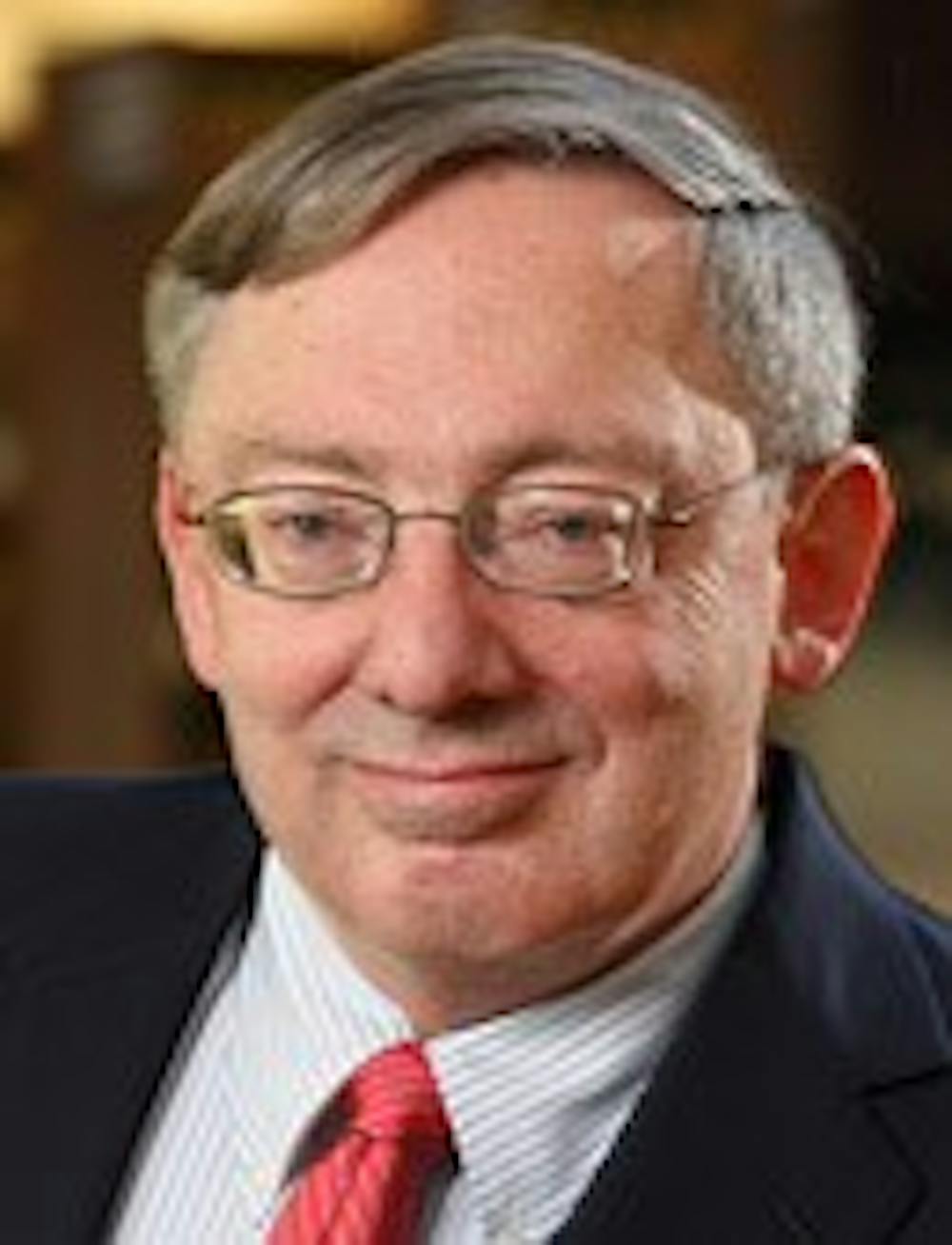University Law Prof. Douglas Laycock appeared before the Supreme Court Tuesday to argue the religious liberties case Holt v. Hobbs. Laycock argued on behalf of petitioner Gregory Holt, a prisoner who was denied what he believed to be a Constitutional right to grow a beard as part of his religious beliefs.
Holt v. Hobbs involves the Religious Land Use and Institutionalized Persons Act, or RLUIPA. The act prohibits states from imposing significant restrictions on an institutionalized individual trying to exercise his or her religion. Holt — also known as Abdul Maalik Muhammad — is a Muslim inmate of an Arkansas prison who was prohibited from growing a beard because of the prison's appearance guidelines, despite the fact that Holt agreed to trim his beard short and said growing it was part of a religious practice.
Holt v. Hobbs is Laycock’s fifth appearance in the Court. He opened his argument Tuesday by noting that 43 other states permit beards of any length in their prisons. He said Arkansas should allow at least a half an inch.
Justice Antonin Scalia, one of the Court’s more outspoken justices as well as a former professor at the University's Law School, pelted Laycock with questions. He first questioned Laycock on whether prisons should, for example, allow inmates to practice polygamy if their religion called for it.
“Religious beliefs aren't reasonable,” Scalia said when Laycock argued a Holt growing a short beard was reasonable.
Scalia then said that if the religious requirement is to grow a full beard, a short beard would be a violation of the religion anyway.
Laycock responded by saying Holt “testified that religiously half an inch is better than nothing.”
Chief Justice John Roberts countered that a future case might argue for a one-inch beard, and after that a two-inch beard. The fault with Laycock’s argument, he said, was that the case is not only about half an inch, but rather that the court must decide in order to create a “generally applicable legal principle.”
Laycock continued to argue that in the 43 prison systems where beards are allowed, there have been no instances in which an inmate has hidden something in his beard — a concern raised by the Arkansas prison — and that prisoners could much more easily hide something in the hair on top of their heads. The only restriction for hair is that it cannot extend below the middle of the neck.
“So you can have long hair, curly hair, Afros on top of your head without a length limit,” Laycock said. “The difference between hair on top of your head and hair in the front of your head is — is not even rational.”
Opposing arguments held that beards may be used to hide items and that government has an important role in reducing contraband. They also said Arkansas’s “no beard policy” prevented inmates from drastically changing their appearances in the case they escape prison.
The Supreme Court’s decision will likely offer guidance to lower courts on how to address RLUIPA cases in the future.
Laycock is one of the nation’s most distinguished lawyers for remedies and religious liberty. He currently serves as Vice President of the American Law Institute and, among other accolades, was the 2009 winner of the national First Freedom Award from the Council on America’s First Freedom.







